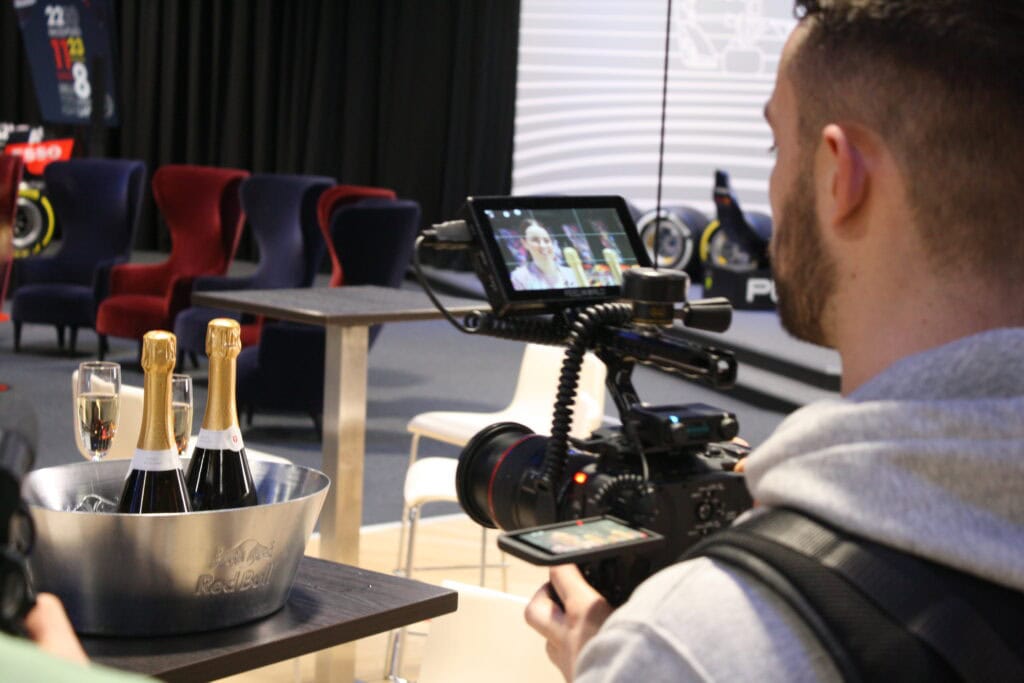Airbnb: Crafting a Culture of Connection
Airbnb, known for its innovative approach to workplace culture, leveraged digital learning to foster a sense of community and connection among its globally dispersed employees. Virtual team-building activities, cultural sensitivity training, and interactive diversity and inclusion modules have played a pivotal role in creating a happy and cohesive workforce.
statistics speak: A study by McKinsey found that companies in the top quartile for racial and ethnic diversity are 35% more likely to have financial returns above their respective national industry medians.
Slack: Balancing Work and Life
Slack, a leader in collaboration tools, recognizes the importance of a harmonious work-life balance. Through digital learning platforms, they provide resources on time management, setting boundaries, and avoiding burnout. By empowering employees with the skills to navigate the challenges of a digital work environment, Slack has seen a boost in overall employee satisfaction.
statistics speak: The American Psychological Association reported that employees who feel their work interferes with their personal life are 53% more likely to report poor health.
Amazon: Prioritising Mental Health
Amazon, a global e-commerce giant, has taken significant strides in destigmatising mental health issues in the workplace. Digital learning modules on mental health awareness, coping mechanisms, and resilience building are accessible to all employees. This proactive approach has contributed to a more supportive and compassionate work environment.
statistics speak: According to a report by Deloitte, organisations with a strong mental health culture are twice as likely to have employees take advantage of mental health resources.
Get in touch for a great conversation with the experts at Mindboost, to find out how we can help you craft and deliver the same memorable content. Check out what we did for one of Nestle Health Science brands here.







